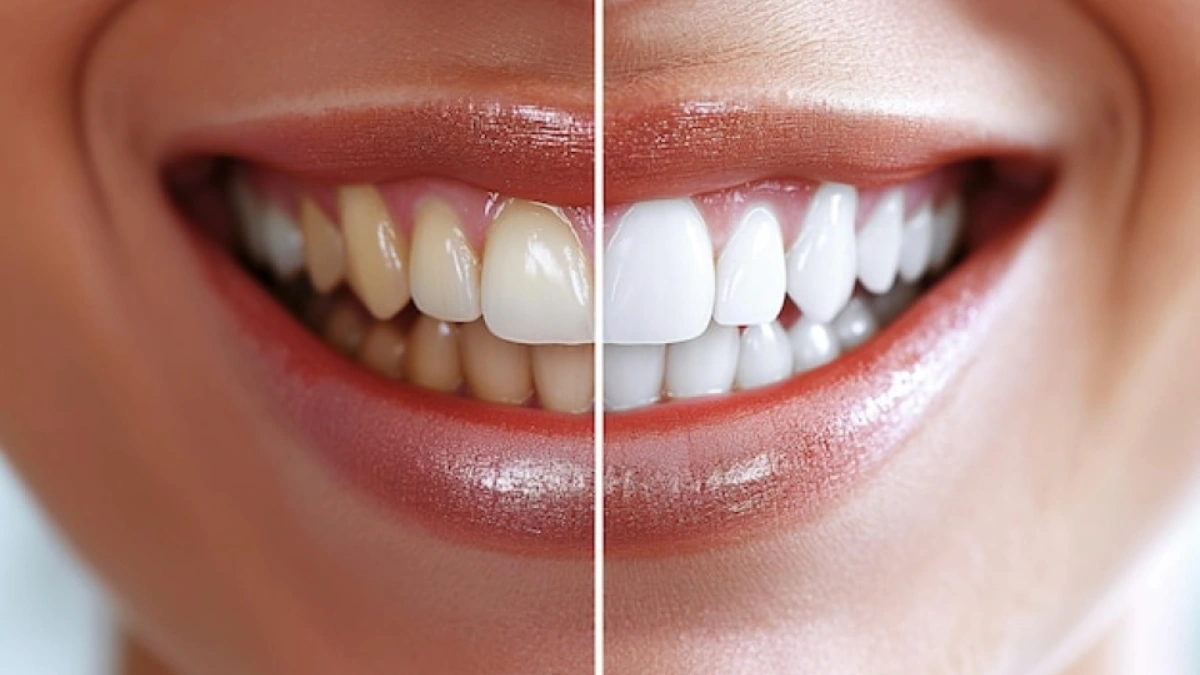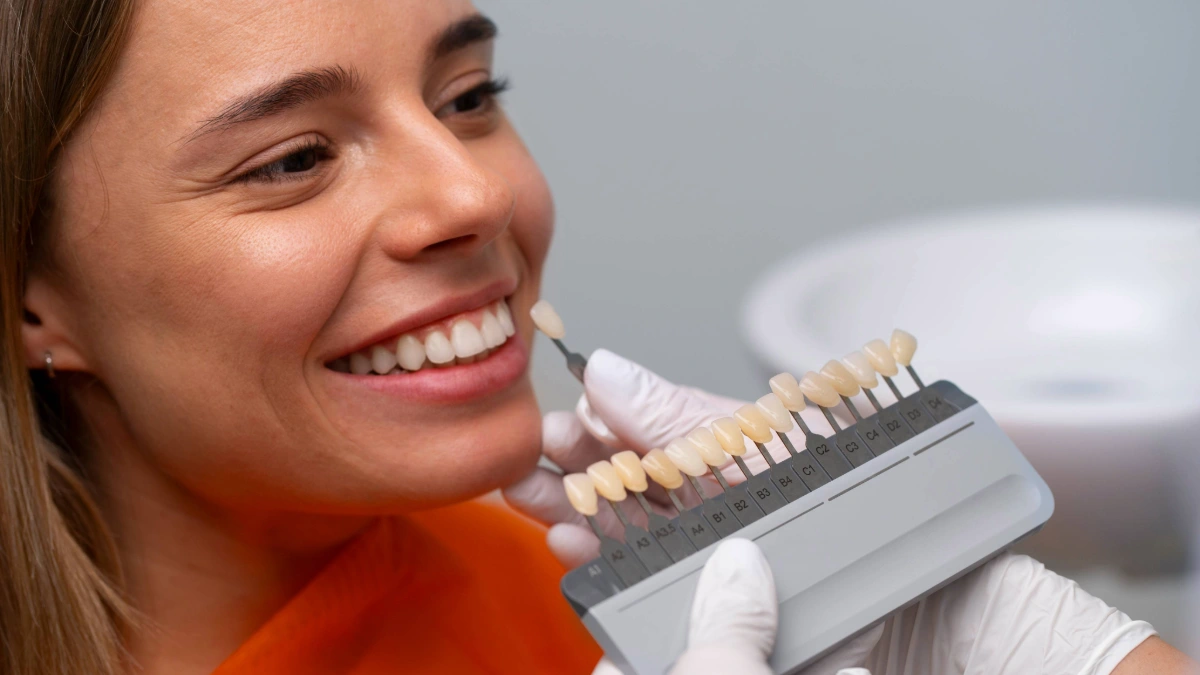Are You a Suitable Candidate for Laser Eye Surgery?
Advances in technology have increased the number of people who can benefit from laser eye surgery. It includes some who previously decided to be inappropriate for the treatment. Particularly for individuals grappling with the ongoing expense or inconvenience associated with glasses and/or contact lenses, laser eye surgery is an alternative solution.
Generally, laser eye surgery is considered suitable for most people above the age of 18 with a stable eye prescription for the past 2 years. However, certain factors could potentially deter a from the treatment. Pregnancy and breastfeeding, like other health disorders such as diabetes, lupus, glaucoma, herpes infections of the eye, or cataracts can cause visual changes because of hormone shifts,
The surgeon will thoroughly assess your eyes considering laser eye surgery to determine your eligibility based on these and other factors. In cases of high spectacle prescriptions or patients in the later stages of life, lens surgery may be recommended as a better option.
Laser Eye Surgery Types
There are three types of laser eye surgery. LASIK, SMILE, and Surface laser treatments, all of which yield comparably successful results. The most widely recognized and popular types of laser eye surgeries are LASIK and LASEK (also referred to as PRK).
LASIK, the most prevalent procedure, benefits from a quick recovery and exceptional visual outcomes. The procedure utilizes a pair of lasers, with the first laser gently lifting a thin flap on the surface of the cornea, while the second laser is employed to reshape the cornea underneath. Following the reshaping process, the protective flap is carefully repositioned, eliminating the necessity for sutures.
LASEK, an alternative to LASIK, is the optimal choice for patients with thinly layered corneas. This procedure involves just one laser and the removal of the clear skin over the cornea, allowing the surgeon to reshape the cornea. The skin then naturally regrows.
SMILE is a relatively recent surgery that corrects refractive defects such as near-sightedness (myopia) and/or astigmatism. Unlike LASIK, this technique does not need the development of a corneal flap and instead operates through a self-sealing, tiny hole. This results in less invasion and greater corneal stability, lowering the risk of dry eye.
A further advancement in laser surgeries is the introduction of the iDesign system and Wavefront technology. These technologies enhance the surgery by creating a personalized map of over 1,200 measurements from the patient’s eye, allowing for more precise and individualized treatment.
Each treatment has specific benefits, and your surgeon will discuss them during the initial consultation to determine which method would best meet your needs. You can return to your regular work and driving routines the day after the surgery. However, if you undergo Surface laser treatments you might require a week off from work due to the slightly longer healing process.
During The Surgery
Laser eye surgery is a commonly performed procedure that significantly enhances vision. This quick process, generally completed in under half an hour, can be carried out and allow you to return home the same day.
At the onset, the surgeon applies anaesthetic eye drops that rapidly numb the eye. The LASIK process includes the use of a laser to form a thin flap on the surface of the cornea, which is then raised to allow a separate laser to reshape the cornea behind it, repairing any flaws. This reshaping happens in seconds as the laser emits precise pulses, after which the flap is smoothly returned over the corrected area.
In PRK, LASEK, and TransPRK, the laser is used directly on the cornea’s surface to reshape it without the necessity of creating a flap. This method is especially suitable for those with relatively thin corneas.
Instead of a bigger flap, the SMILE treatment includes the formation of a tiny self-sealing incision on the cornea. Through this incision, a portion of the cornea is removed.
Regardless of the surgery type, a special clip keeps the patient’s eye open during the procedure, and a target light is used to maintain the correct eye positioning, ensuring optimal results.
Post-surgery, the surgeon may place a transparent plastic shield or a ‘bandage contact lens’ to secure your eye and prevent any accidental bumps or rubs during the healing process. You may start experiencing enhancement in your vision within days, though a full recovery could take up to a week. The surgeon will guide you through every step, ensuring thorough understanding and comfort throughout the process.
Post-Laser Eye Surgery
Post-laser eye surgery, you are allowed to return home, though someone else should drive. Surgeons often advise wearing a protective shield at night for a week and prescribe eye drops containing antibiotics, anti-inflammatory medicines, and artificial tears to aid healing and comfort.
Recovery time varies by procedure type; LASIK patients could potentially resume work and driving the following day, while other methods may require more time.
Activities such as swimming and contact sports should be avoided for a while. Within approximately three months, most patients’ vision stabilizes and will not change unless another eye issue arises.
Comprehensive aftercare programs are available to monitor recovery progress, with out-of-hours medical helplines for professional advice and inquiries regarding vision or eye health post-surgery.
Side-Effects Of Laser Eye Surgery
Although laser eye surgery has a proven track record of safety and efficacy, with serious complications being rare, it has potential side effects. Around 1 in 10 people may require additional surgery.
Common short-term side effects include:
-
Mild discomfort, which feels like grit in the eye
-
Visual disturbances like glare, especially noticeable when driving at night
-
Red marks on the eye whites,
-
Fading away within a month
-
Dry eyes
-
Blurry vision
- Halo effects
These symptoms usually improve over time, with full comfort restoration around three to six months post-procedure. Severe vision loss is very uncommon. You should contact your surgeon if the pain increases or if visual clarity diminishes over time. The risks of severe complications from laser eye surgery are quite low and are comparable to those posed by regular contact lens wear. Before proceeding with surgery, your surgeon will discuss these risks, enabling a well-informed decision.
Is Laser Eye Surgery Painful?
You may wonder if laser eye surgery hurts. With the use of anaesthetic eye drops that numb the eye, most patients report feeling no pain during the procedure. Some might feel slight pressure, particularly during LASIK or SMILE surgeries while the LASIK flap or SMILE lenticule is being created. Any discomfort experienced post-operation is generally mild and lasts for about 4-6 hours. To ensure ease and comfort during healing, eye drops are provided to keep the eyes hydrated and alleviate discomfort. If you are particularly anxious about the procedure can request a sedative tablet to help alleviate your nerves.
How Long Does The Procedure Take?
Laser eye surgery is a relatively quick process, with the laser only active on each eye for a few seconds. The entire operation takes around 10-15 minutes from start to finish for both eyes. However, you should expect to spend around four hours at the Hospital on the day of the procedure for pre-operation discussions with optometrists and advisors, review of post-surgery medication, and any necessary preparation.
Is It Permanent?
Laser eye surgery offers a permanent solution for vision correction in most cases, providing individuals with freedom from glasses and contact lenses throughout their lives. Laser eye surgery, while typically offering a permanent solution for vision correction, does not eliminate age-related changes like the requirement for reading glasses in one’s forties or the potential development of cataracts in later stages of life. In some instances, natural changes in prescription may occur over time. However, there are repeat treatment options available for patients of any age who experience vision changes following the procedure.
What Is the Cost of Laser Eye Surgery?
At Avicenna International Hospital, we recognize that the cost of laser eye surgery is a significant consideration for our patients. Our team of experienced professionals strives to provide exceptional and top-quality care, ensuring the best possible outcomes. While the cost can vary depending on individual needs and specific requirements, our prices for laser eye surgery are competitive, with an average starting point of approximately £1500. Please don’t hesitate to contact us for detailed information about the cost and to discuss your specific case. Our friendly staff is available to answer any questions you may have and guide you through the process.





